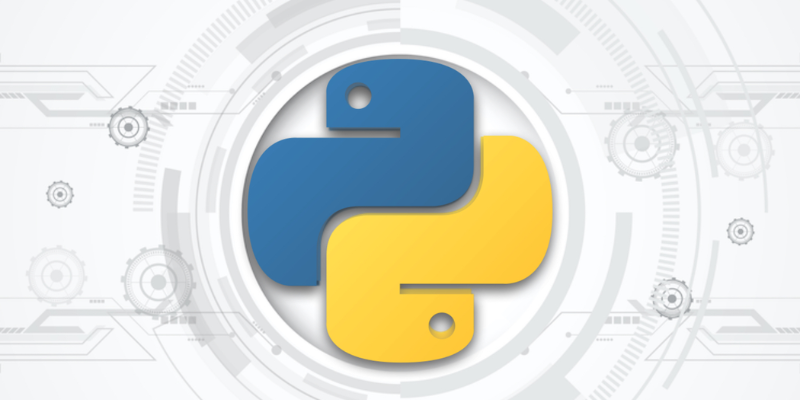
List comprehensions are one of Python’s most powerful and elegant features, allowing you to write cleaner and more efficient code. Whether you’re filtering data, transforming input, or simply replacing a for-loop with one line of code, list comprehensions provide a more Pythonic way of working with lists. If you’re looking to streamline your coding practices and adopt more efficient programming techniques, understanding list comprehensions is a must. Structured courses such as Python training in Hyderabad often include hands-on guidance on writing such clean, expressive code, helping learners become more fluent and confident Python developers.
Why List Comprehensions Matter
List comprehensions simplify your code by reducing the need for verbose loops. They’re not just syntactic sugar; they often result in faster execution and clearer intent. Instead of writing multiple lines to filter or transform data, list comprehensions let you express logic clearly and concisely. Structured learning programs can help reinforce these practices through practical examples and real-time feedback.
Understanding the Syntax
Fundamentally, a list comprehension lets you create a new list by defining the loop and the expression in a single line. The syntax typically involves an expression followed by a for clause, and optionally, if clauses. This straightforward structure makes it easy to translate complex logic into simple, readable statements. Mastering these concepts reinforces why Python is important to learn, especially for those aiming to write efficient and elegant code.
Practical Use Cases
List comprehensions shine in everyday programming tasks. They are especially useful when working with data collections. Common use cases include filtering elements, transforming values, and creating new data structures. For instance, extracting specific types of data from a larger list or applying a consistent transformation across a dataset becomes much more efficient. These practical skills are often emphasized in structured learning environments, such as Python training in Dindigul, where learners explore real-world applications and build strong problem-solving techniques.
Benefits of Clean Code
Using list comprehensions not only makes code more concise but also improves readability. It aligns with Python’s philosophy of simplicity and clarity. Debugging, maintaining, and sharing clean code is simpler. This is particularly important in collaborative environments or open-source projects.
Avoiding Pitfalls
While list comprehensions are powerful, they should be used thoughtfully. Overuse or misuse can lead to complex, hard-to-read code. It’s essential to strike a balance using list comprehensions where they improve clarity, and opting for traditional loops when logic becomes too intricate. Developers are encouraged to evaluate readability alongside efficiency.
Real-World Relevance
List comprehensions are not just academic concepts; they’re widely used in the industry. From automating data pipelines to simplifying user input processing, they find application in various domains like web development, data science, and automation. If you’re looking to gain practical experience and deeper insight into these techniques, programs such as Python training in Kanchipuram offer structured learning that helps you effectively apply list comprehensions in real-world projects.
Enhancing Your Python Skills
To truly master list comprehensions and other advanced features, consistent practice and guided instruction can be valuable. A well-structured learning path helps reinforce good habits and provides clarity on when and how to use such techniques in different contexts.
List comprehensions are a hallmark of writing clean and Pythonic code. They simplify common programming patterns, improve readability, and offer performance gains. Whether you’re just beginning or brushing up on your Python skills, focusing on such efficient techniques will take your coding to the next level. If you’re aiming to strengthen your programming fundamentals, structured programs like Python training in Tirunelveli can help you apply these practices consistently and become a more effective, confident developer.
Also check: Reasons Why is Python So Popular
